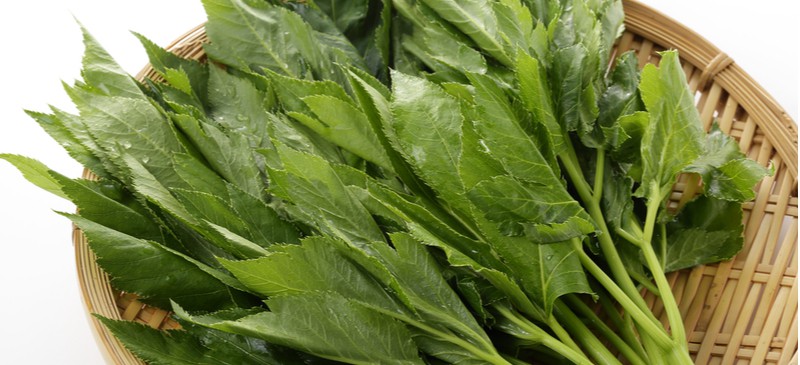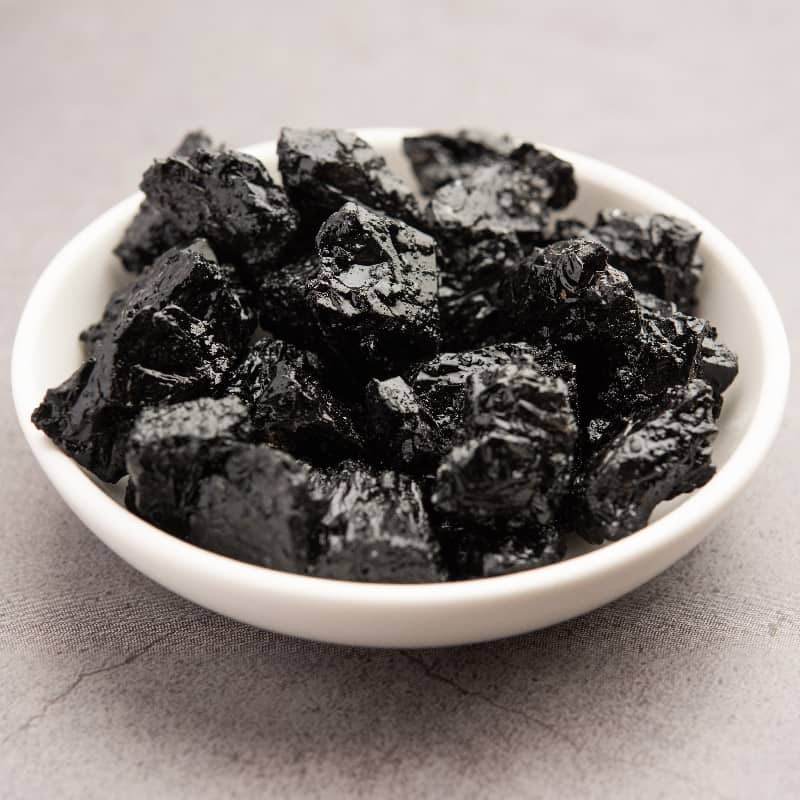This Dr. Axe content is medically reviewed or fact checked to ensure factually accurate information.
With strict editorial sourcing guidelines, we only link to academic research institutions, reputable media sites and, when research is available, medically peer-reviewed studies. Note that the numbers in parentheses (1, 2, etc.) are clickable links to these studies.
The information in our articles is NOT intended to replace a one-on-one relationship with a qualified health care professional and is not intended as medical advice.
This article is based on scientific evidence, written by experts and fact checked by our trained editorial staff. Note that the numbers in parentheses (1, 2, etc.) are clickable links to medically peer-reviewed studies.
Our team includes licensed nutritionists and dietitians, certified health education specialists, as well as certified strength and conditioning specialists, personal trainers and corrective exercise specialists. Our team aims to be not only thorough with its research, but also objective and unbiased.
The information in our articles is NOT intended to replace a one-on-one relationship with a qualified health care professional and is not intended as medical advice.
Ashitaba: A Traditional Leafy Green with an Impressive Nutrition Profile
August 9, 2020

Ashitaba, a green leafy plant, has been consumed for its medicinal benefits for over 400 years. This Japanese herb is packed with nutrients, including a variety of antioxidant called chalcones.
Although research on the plant is limited, it was used in traditional medicine to combat a range of health issues, from arthritis and infections to upset stomach, weak immunity and signs of early aging.
Today, you can find this impressive plant in powder, capsule and tea forms, or you can simply enjoy the raw leaves in soups or salads. Curious about the potential health benefits of ashitaba?
What Is Ashitaba?
Ashitaba, or Angelica keiskei, is a popular botanical medicine in Japan that’s valued for its diverse bioactive components. According to researchers, ashitaba possesses antioxidant, anti-inflammatory, antimicrobial, antihyperative and antidiabetic properties.
This leafy herb is part of the carrot family. It grows in the central region of Japan and is native to the Japanese Izu Islands.
All parts of the plant are edible and used medicinally, including ashitaba seeds, roots, leaves and stem. This herb is used to make tea, ground into power and taken as a supplement, and eaten fresh in salads, soups and entrees.
Traditionally, Japanese people used the plant for a range of health issues, including:
- infections
- heartburn
- fever
- flu
- indigestion
- gout
- arthritis
Nutrition Facts
Traditionally, the Japanese treated this herb like other leafy greens, such as spinach and kale. The leaves were eaten raw and added to various recipes.
Over time, it was valued above others for its impressive nutrition content. That’s when they started making powder from the plant’s leaves.
100 grams of raw leaf contains approximately:
- 5.3 grams fiber
- 2,100 international vitamin A
- 0.1 milligrams vitamin B1
- 0.24 milligrams vitamin B2
- 55 milligrams vitamin C
- 65 milligrams calcium
- 1 milligram iron
Angelica keiskei contains diverse bioactive components, including:
- flavonoids
- polyphenols
- tannins
- monoterpenoids
- sesquiterpens
- quinons
- saponins
- coumarins
The chalcones that are derived from the herb have been studied for their antioxidant and anti-inflammatory effects.
Health Benefits
1. Has Antioxidant Effects
Ashitaba is valued for its powerful antioxidants that protect cells from free radical damage and prevent disease. One antioxidant in particular, called chalcone, is often touted for its biological activities.
Chalcones have been studied for their anti-cancer, anti-inflammatory, antioxidant antibacterial and antifungal effects. These antioxidants may allow ashitaba to benefit such a range of health concerns, from inflammatory conditions to infections and early aging.
2. Supports Heart Health
Research published in the Journal of Dietary Supplements found that when obese diabetic mice were given ashitaba, the herb displayed its ability to help prevent and alleviate the risk of thrombotic diseases.
The herb also showed that it may work to suppress metabolic state in obese individuals.
3. Works as an Antimicrobial Agent
A component in ashitaba called chalcones have exhibited antimicrobial activities, which is why the herb is sometimes used to improve infections.
A 2018 study published in the Journal of Advanced Pharmaceutical Technology & Research suggests that ashitaba extract worked to suppress multidrug-resistant tuberculosis.
Another study found that ashitaba chalcone powder was toxic to Salmonella.
4. May Aid Weight Loss
Although the research on this ashitaba benefit is limited, there is one study that indicates the herb may reduce visceral fat and body weight.
When 26 slightly obese male and female adults took 200-milligram capsules of ashitaba chalcone after dinner for 56 consecutive days, there was a significant reduction in visceral fat and body weight compared to baseline.
Some other potential benefits of ashitaba that have not been proven with scientific research include its potential ability to:
- boost immune function
- improve arthritis
- reduce muscle and joint pain
- boost cognitive function
- improve diabetes
- ease digestive problems
- protect the liver
Supplementation and Dosage
Ashitaba green tea is commonly consumed in Japan, China and India for its health-promoting properties. The leaves are also consumed as food and medicine, and the plant is used to take vegetable juice.
Other forms of the herb include powder and capsules. Sometimes, ashitaba for skin is used topically to exfoliate dead skin cells and promote healthy aging.
There is no official recommended dose for ashitaba extract. Clinical trails on humans have used doses ranging from 200 to 500 milligrams.
Risks and Side Effects
Ashitaba research is limited ,and there’s not enough evidence to determine its safety when used therapeutically. For this reason, women who are pregnant or breastfeeding should avoid using the herb unless consent is given by a doctor.
A possible ashitaba side effect is upset stomach. If you are already taking medications, consult your health care provider before adding the herb into your diet.
Conclusion
- Ashitaba is a leafy green plant that’s been used medically in Japan for over 400 years.
- The plant has an impressive nutrition profile, as it’s rich in micronutrients and free radical-scavenging antioxidants.
- One of the most important plant components are chalcones, which are antioxidants that may promote healthy aging and fight disease.
- There’s limited evidence on the efficacy and safety of the ashitaba plant, but it has been used for issues like heart disease, infections, inflammatory conditions, obesity and more.










